The Rise of Sri Lanka’s Cosmetics Industry: A Journey of Innovation and Tradition
Related Articles: The Rise of Sri Lanka’s Cosmetics Industry: A Journey of Innovation and Tradition
Introduction
With enthusiasm, let’s navigate through the intriguing topic related to The Rise of Sri Lanka’s Cosmetics Industry: A Journey of Innovation and Tradition. Let’s weave interesting information and offer fresh perspectives to the readers.
Table of Content
The Rise of Sri Lanka’s Cosmetics Industry: A Journey of Innovation and Tradition

Sri Lanka, an island nation renowned for its natural beauty and rich cultural heritage, is experiencing a burgeoning cosmetics industry. This sector, fueled by a growing domestic market and increasing global demand for natural and ethically sourced ingredients, is rapidly evolving into a significant contributor to the Sri Lankan economy.
A Legacy of Natural Beauty
Sri Lanka possesses a unique advantage in the cosmetics industry: a treasure trove of natural resources. The island’s diverse flora and fauna provide a wealth of botanical ingredients, including coconut oil, aloe vera, turmeric, and cinnamon, which have been used for centuries in traditional beauty practices. This natural heritage forms the bedrock of the Sri Lankan cosmetics industry, providing a distinct identity and a competitive edge in the global market.
The Modern Landscape of Sri Lankan Cosmetics
The Sri Lankan cosmetics industry is a vibrant mix of established companies with a long history of tradition and innovative startups leveraging modern technology and sustainable practices. While traditional Ayurvedic formulations remain popular, the industry is embracing modern trends, incorporating advanced formulations and packaging, and catering to a growing demand for specialized skincare and makeup products.
Key Players and Market Dynamics
The Sri Lankan cosmetics market is characterized by a diverse range of players, including:
- Large-Scale Manufacturers: These companies, often family-owned businesses with generations of expertise, produce a wide range of products, from basic toiletries to advanced skincare lines. They often leverage established distribution networks and strong brand recognition.
- Small and Medium Enterprises (SMEs): SMEs play a vital role in the Sri Lankan cosmetics industry, often specializing in niche products or catering to specific consumer segments. They are characterized by their agility, flexibility, and ability to quickly adapt to market trends.
- Startups and Entrepreneurs: Driven by innovation and sustainability, a new wave of entrepreneurs is entering the Sri Lankan cosmetics industry. These startups are focusing on organic and vegan products, eco-friendly packaging, and personalized solutions, attracting a growing segment of environmentally conscious consumers.
Challenges and Opportunities
The Sri Lankan cosmetics industry faces a number of challenges, including:
- Competition from International Brands: The global cosmetics market is dominated by multinational corporations with vast resources and established brand loyalty. Sri Lankan manufacturers must compete effectively on price, quality, and innovation to gain market share.
- Regulatory Compliance: The cosmetics industry is subject to strict regulations to ensure product safety and quality. Navigating these regulations can be a complex and costly process for smaller manufacturers.
- Access to Finance: Access to funding is crucial for growth and expansion. Smaller companies often face difficulties in securing loans and investment capital, limiting their ability to scale their operations.
Despite these challenges, the Sri Lankan cosmetics industry presents significant opportunities:
- Growing Domestic Demand: The Sri Lankan economy is experiencing steady growth, leading to increased disposable income and a growing demand for cosmetics and personal care products.
- Export Potential: The global market for natural and organic cosmetics is expanding rapidly, offering significant export potential for Sri Lankan manufacturers.
- Government Support: The Sri Lankan government is committed to supporting the growth of the cosmetics industry, providing incentives and promoting the export of Sri Lankan-made products.
FAQs by Cosmetics Manufacturers in Sri Lanka
Q: What are the key regulations governing the cosmetics industry in Sri Lanka?
A: The cosmetics industry in Sri Lanka is regulated by the National Medicines Regulatory Authority (NMRA) under the Drugs Act No. 20 of 1980. The NMRA sets standards for product safety, labeling, and manufacturing practices.
Q: What are the most popular ingredients used in Sri Lankan cosmetics?
A: Sri Lankan cosmetics manufacturers utilize a wide range of natural ingredients, including coconut oil, aloe vera, turmeric, cinnamon, sandalwood, and various medicinal herbs.
Q: What are the emerging trends in the Sri Lankan cosmetics market?
A: The Sri Lankan cosmetics market is witnessing a growing demand for organic and vegan products, sustainable packaging, and personalized skincare solutions.
Q: How can Sri Lankan manufacturers compete with international brands?
A: Sri Lankan manufacturers can differentiate themselves through their use of natural ingredients, focus on ethical sourcing and production, and by developing innovative products that cater to specific consumer needs.
Tips by Cosmetics Manufacturers in Sri Lanka
- Embrace Sustainability: Implement sustainable practices throughout the production process, from sourcing ingredients to packaging.
- Focus on Innovation: Invest in research and development to create unique and innovative products that meet evolving consumer demands.
- Leverage Digital Marketing: Utilize online platforms and social media to reach a wider audience and build brand awareness.
- Build Strong Partnerships: Collaborate with other businesses, including retailers, suppliers, and research institutions, to enhance competitiveness and access new markets.
Conclusion
Sri Lanka’s cosmetics industry is poised for significant growth, fueled by a growing domestic market, increasing global demand for natural ingredients, and government support. By embracing innovation, prioritizing sustainability, and leveraging their unique heritage of natural beauty, Sri Lankan cosmetics manufacturers can establish a strong presence in both the domestic and international markets, contributing to the country’s economic prosperity and showcasing the beauty and ingenuity of Sri Lankan craftsmanship.

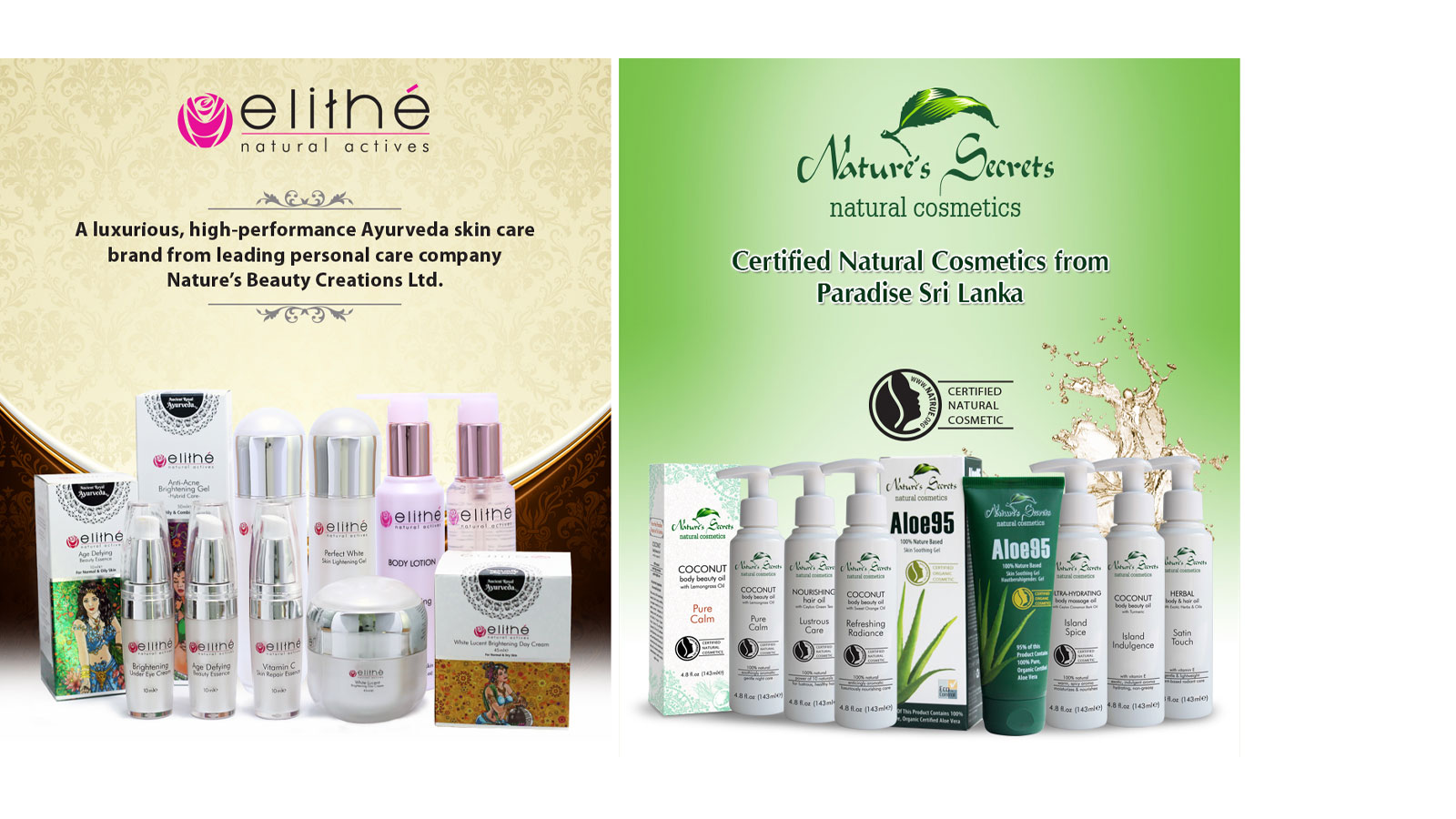


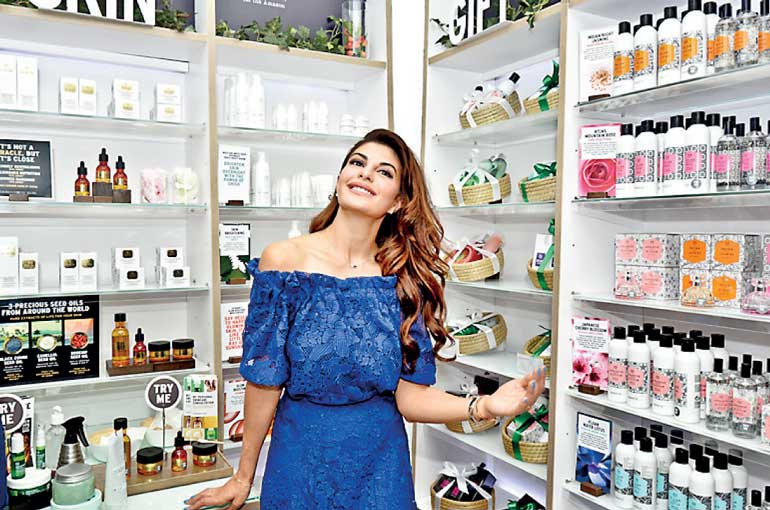
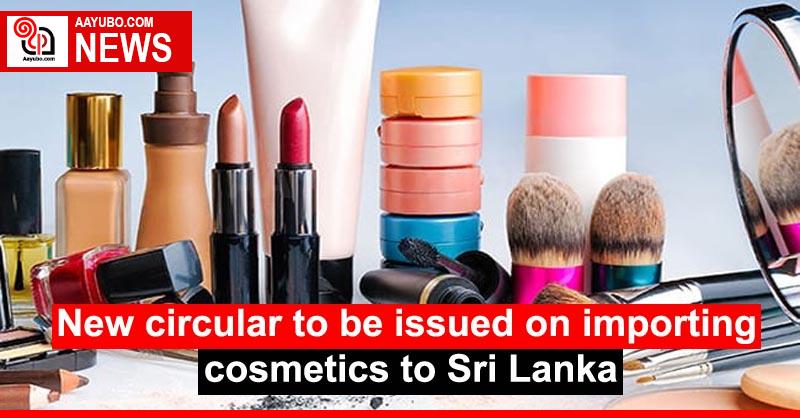
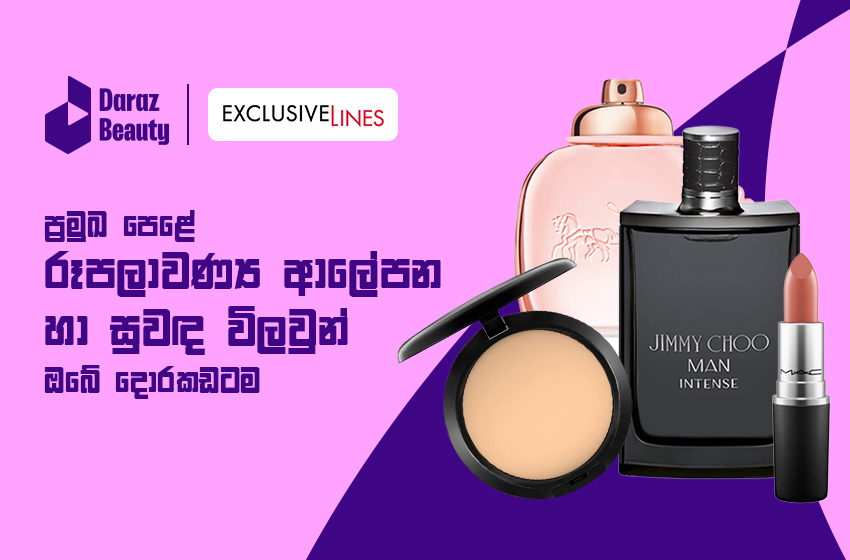
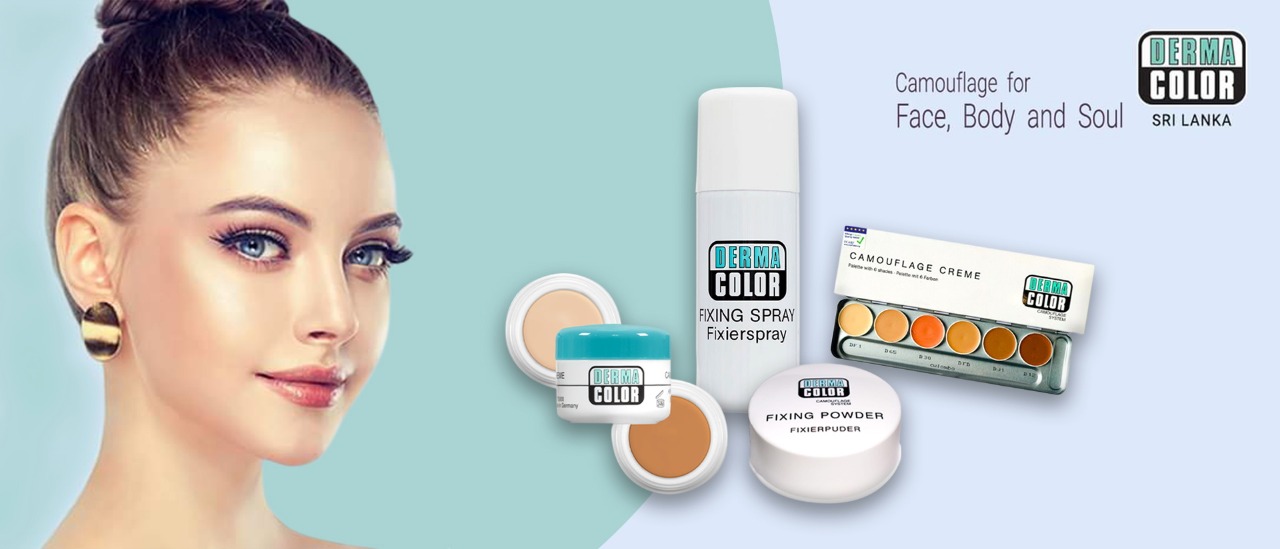
Closure
Thus, we hope this article has provided valuable insights into The Rise of Sri Lanka’s Cosmetics Industry: A Journey of Innovation and Tradition. We thank you for taking the time to read this article. See you in our next article!